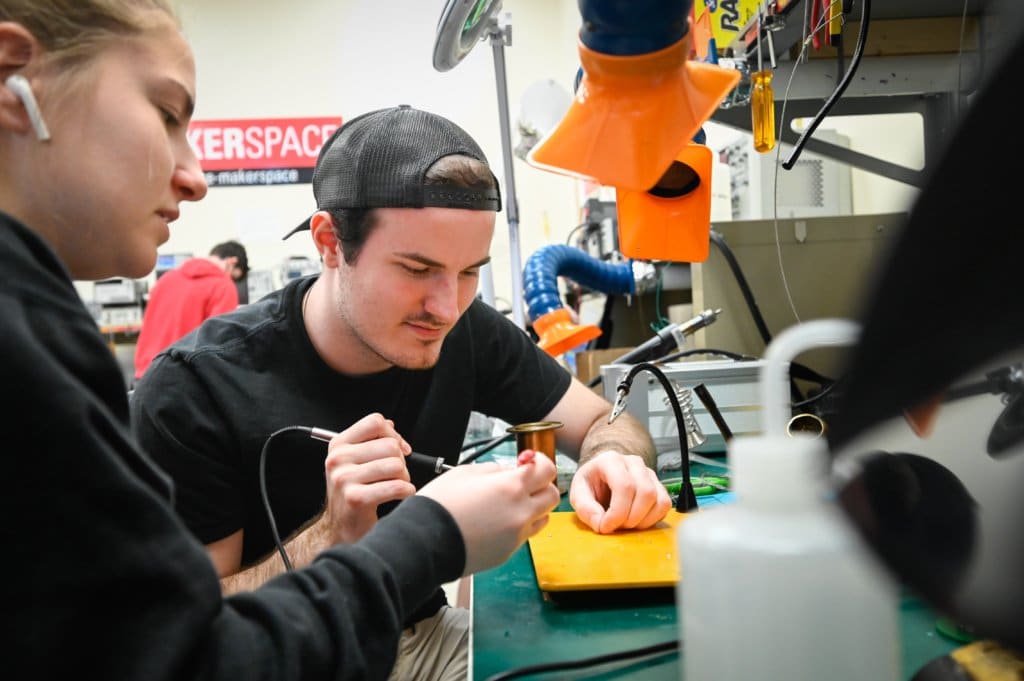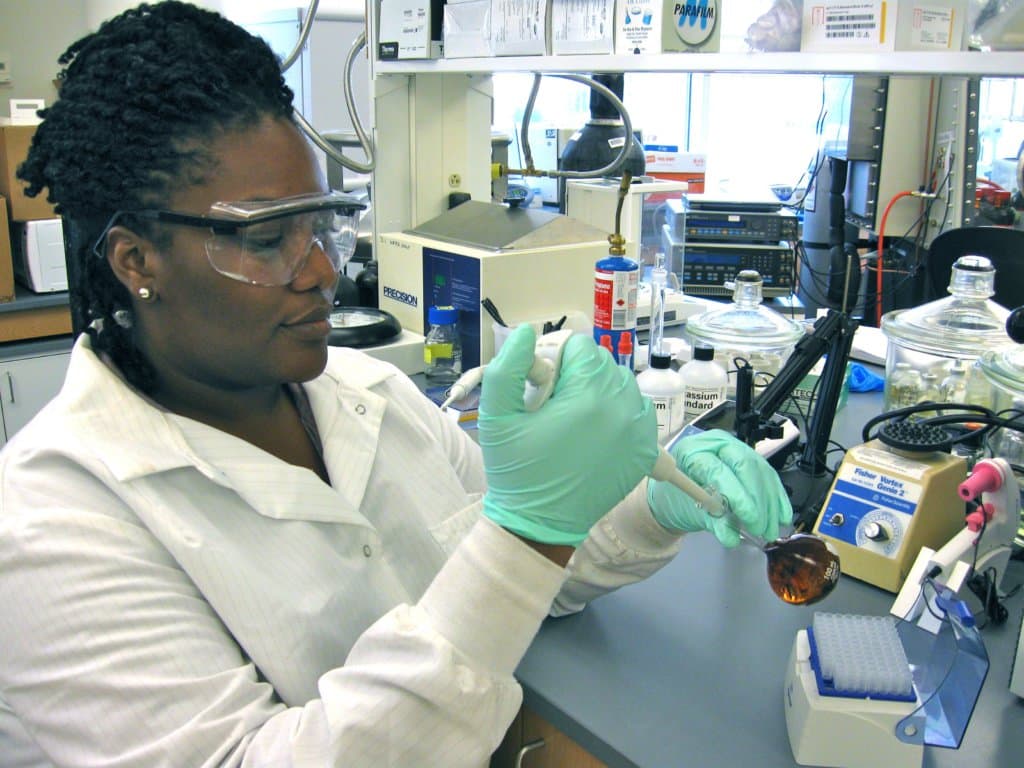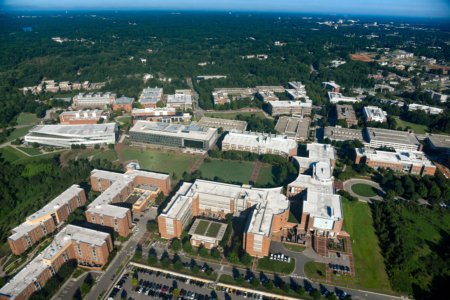Graduates of the College of Engineering at North Carolina State University are set to meet the grand challenges of the 21st century. An education here encompasses discovery, innovation, and outreach. Students Think and Do — to great success.
NC State is ranked 13th among public graduate engineering programmes, making NC State a national leader among public universities, according to US News & World Report. This is in recognition of all of its national prominence in research, bolstered by how its students are highly sought after by recruiters.
“In addition to teaching and mentoring our students, our faculty brought in US$215 million in total research expenditures last year,” says Louis A. Martin-Vega, the Louis Martin-Vega Dean of Engineering at NC State. “This is significant productivity. And our students, both undergraduate and graduate, are the true beneficiaries of having such a robust research environment. They get to learn from and work alongside these faculty members who are major players in high level research. This gives our students a significant advantage when they go out to work in industry.”
They are set to power the future of the state’s technology. “Engineering North Carolina’s Future” is a state legislative initiative that will provide NC State with US$20 million over the next two years to hire additional faculty and staff and US$30 million for facility upgrades. “NC State is providing the workforce, research and partnerships that are fuelling our flourishing tech industry,” says Chancellor Randy Woodson. There’s no better time to be at NC State.

At NC State’s College of Engineering, research and education are integrated into the curriculum. Source: North Carolina State University
Engineering the future
By combining research and education, NC State has built one of the world’s finest engineering and computer science colleges. Here, students and faculty excel.
Graduate students at NC State collaborate closely with teachers who have won accolades. Among them are three National Medal of Technology and Innovation winners, 19 National Academy of Engineering members and three members of the National Inventors Hall of Fame. By combining the guidance these faculty members provide and the university’s latest technologies, students are able to create research that will contribute to society.
The setting for this dynamic relationship? A state-of-the-art campus. The James B. Hunt Jr. Library, a hub for networking and enhancing one’s professional opportunities, routinely hosts talks throughout the year. Fitts-Woolard Hall, the newest engineering building on NC State’s innovative Centennial Campus, is home to cutting-edge classrooms and laboratories. Over at the two US$40 million National Science Foundation Engineering Research Centers led by NC State, researchers are working on self-powered, wearable health and environment monitoring devices to improve healthcare and building the “Internet for energy,” including the next-generation solid state transformers for electric energy distribution.
“These engineering research centres are among the highest awards from the NSF, and our college has the distinction of being one of only two institutions currently leading two ERCs and one of only two to have ever led three ERCs,” says Martin-Vega.

NC State is working toward increasing the number of women in STEM-related fields. Source: North Carolina State University
NC State recognised as a top college for women and minorities in STEM
A world-class college draws talents easily — NC State, however, has a more ambitious goal: a truly diverse student cohort.
In this, it is succeeding. Kamala Subramaniam is one prime example. Whether developing solutions for building and maintaining secure data infrastructure or designing computer hardware, the life of an electrical and computer engineer is not for the faint of heart. Subramaniam, however, was ready to take on an electrical and computer engineering career and break the stereotype of women in STEM-related fields.
Subramaniam left her home in India and travelled across the world to NC State to earn master’s and doctoral degrees in electrical and computer engineering. Once she graduated, she managed to secure a job at Microsoft and other technology companies. In 2016, she landed a job to lead Google’s new hub in Durham, NC.
Her journey is just one of the university’s many success stories among women and minorities in science, technology, engineering and math (STEM). Recently, this was recognised by ZDNET, a website that offers “news coverage and in-depth analysis of global technology trends.” NC State was the highest ranked public, non-historically black college and university (HBCU) school on the list.
“The university fosters a plethora of engineering programmes, including the Women and Minority Engineering Programmes. Students may join the Society of Women Engineers, Women in Aerospace and Women in Nuclear Programmes,” the website said.
The rankings assessed recruitment and retention rates of underrepresented students, retention and graduation rates, and professional networking opportunities as well as real-world research experience. NC State stands out in these aspects as well. The College has tripled the number of women and doubled the number of underrepresented faculty members since 2006. This year, a new assistant dean for student, faculty and staff equity and inclusion position was created.
It’s a good place for women and minorities to thrive. As Subramaniam says, “I have had a wonderful time ever since stepping foot into the university.”
Follow NC State College of Engineering on Facebook, Twitter, LinkedIn, Instagram and YouTube












